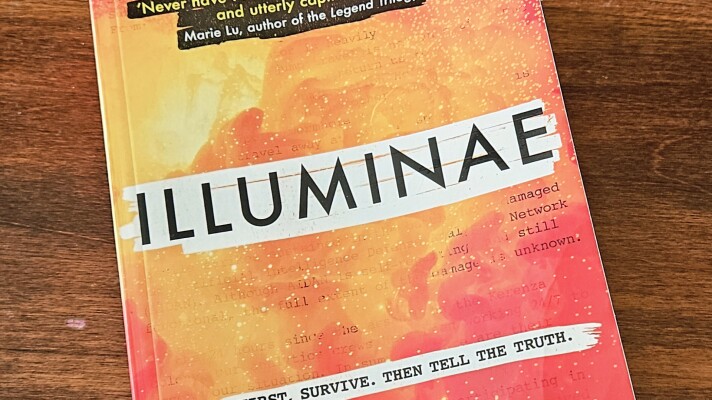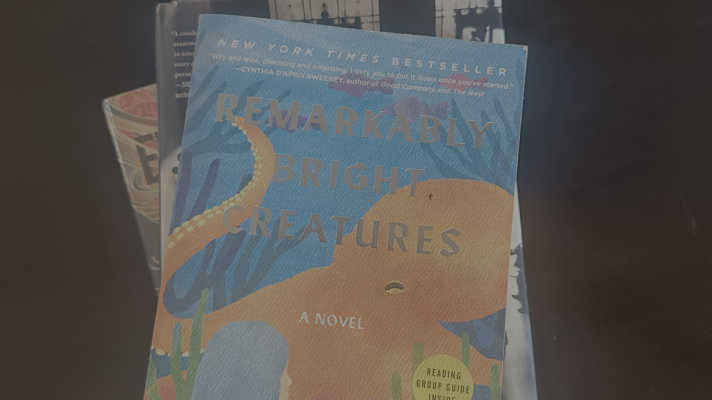If you’ve ever found yourself idlewild and people watching, perhaps in a café or whilst on a moving train, and suddenly it occurs to you that everyone around you isn’t merely a background character in that particular scene of YOUR story, but rather they are the lead role in their very own messy, complicated, joyous, mundane and multidimensional narrative…then you’ve found yourself slipping into a state of sonder.
I’m Malcolm Foster, operations assistant at KWBU, and avid reader who is often susceptible to foreclearing: the act of deliberately refusing to learn the scientific explanation of things, for fear that it’ll ruin the magic. For this week’s episode of Likely Stories I’d like to discuss John Koenig’s (KAY-NIGS) delightful book, ‘The Dictionary of Obscure Sorrows.’
Although the title would lend itself perfectly to an epic quest of otherworldly magic and mystery, the book itself is a literal dictionary. One that finally gives a name to previously untitled moments of magic and mystery that occur in everyday life. Subtle swells of emotional resonance and dramatic strikes of internal realization. Feelings or states of being that in the moment might feel like a wholly unique experience, but in reality are a lot more universal than you realize.
Using various languages both dead and alive, Koenig’s collection fuses root meanings, concepts, historical context, portmanteau’s and other devices to give a voice and sense of understanding to ethereal, abstract, and all too real scenarios, both internal and external.
The sorrows part of the title might lead you to think that the sole focus of the dictionary is to label various phases of gloom …admittedly there is a touch of that, but the dictionary is far more than a catalogue of new words for being pensive or nostalgic. It encompasses a huge spectrum of emotion. One that weaves through elation and awe just as much as it explores areas of melancholy.
Outside of the countless discoveries that lie within the pages, the dictionary really takes flight through Koenig’s descriptions. The language he uses to illustrate his definitions and his evocative yet relatable writing style, make this extended lexicon a joy to read. And as a bonus, the overall aesthetic and the illustrations used in the dictionary make it a beautiful addition to any bookshelf. If you’re a fan of language studies, a fellow existential thinker and/or sensitive soul with a curious heart, then ‘The Dictionary of Obscure Sorrows’ is definitely for you.













